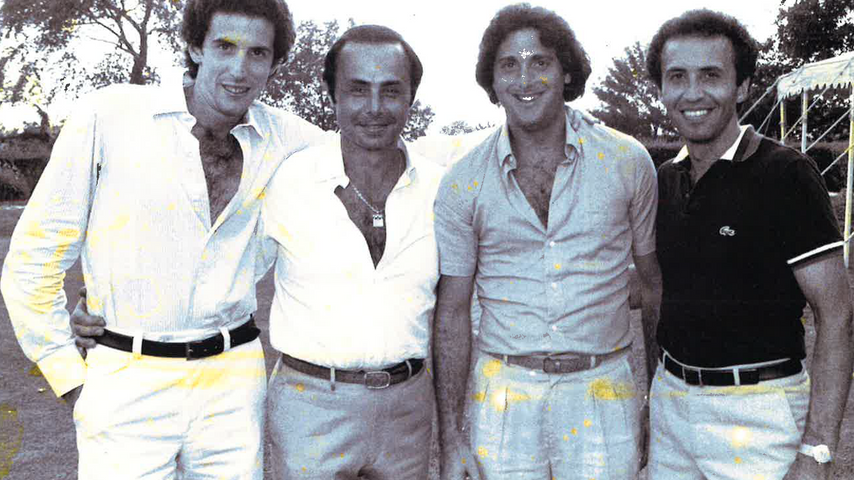Getting your Trinity Audio player ready...
Barry Jacobson spent 40 days in prison in 1983 after being convicted of setting a fire at his Massachusetts vacation home.
He spent the next 40 years pressing his innocence and arguing that his conviction was tainted by antisemitism.
Now, Jacobson’s quest has been answered. A Massachusetts district attorney is set to announce Tuesday that Jacobson, who is Jewish, was wrongfully convicted by a jury whose forelady reportedly referred to him as “one of those New York Jews who think they can come up here and get away with anything.”
Andrea Harrington, the Berkshire County district attorney, decided to vacate Jacobson’s conviction and dismiss the case after undertaking a review spurred by the Anti-Defamation League and the Innocence Project, a path-breaking legal organization that seeks to overturn wrongful convictions.
“The credible evidence of antisemitic juror statements undermine the fairness of this verdict and denied Mr. Jacobson his Sixth Amendment right to an impartial jury trial,” Harrington said in a statement released by the New England Anti-Defamation League, which earlier this year filed an amicus brief in the case.
“Prosecutors have the responsibility to implement policies to ensure fair convictions and to rectify past injustice,” Harrington said.
Harrington planned to make her decision public Tuesday at a press conference alongside the ADL and the Innocence Project.
Jacobson’s case is an unusual one for the Innocence Project to take up. The group, founded in 1992 and based at Yeshiva University’s Cardozo School of Law, has typically focused on people who are incarcerated, often on death row, and was founded in 1992 to use DNA, then a new technology, to exonerate victims of wrongful conviction.
2 View gallery


Attorney Barry Scheck participates in an Innocence Project fundraiser in New York City in 2016
(Photo: Getty Images)
DNA evidence did not play a role in Jacobson’s case. But Barry Scheck, the Innocence Project’s co-founder and Jacobson’s counsel, suggested in a statement that the case only adds to the evidence that his group has amassed showing how racism and other prejudices can compromise criminal justice in the United States.
“As reports of antisemitism increase around the country, Mr. Jacobson’s case reminds us that the criminal legal system has never been immune from its pernicious and insidious effects,” Scheck said.


